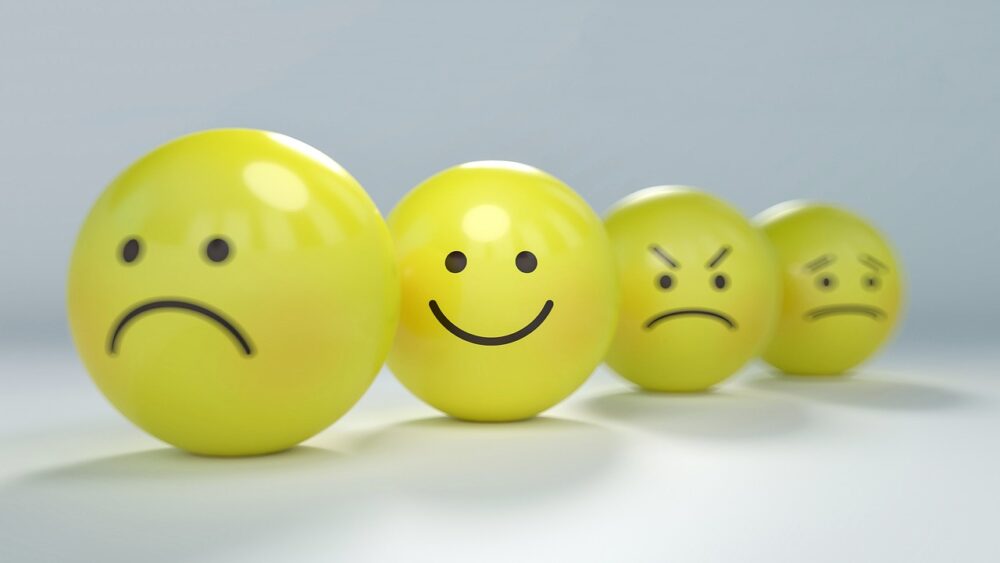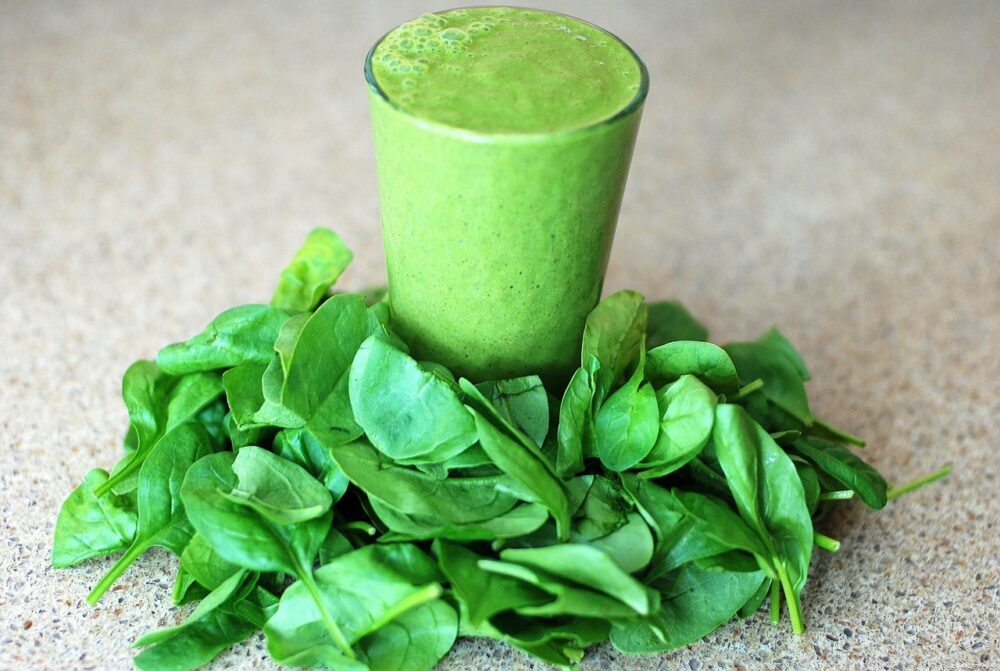
According to new research, in 2023, rates of burnout, anxiety, and depression will be at record levels. Many companies will be forced to rethink how they can create a supportive work environment for their employees, and according to Mental Health America, 11.5 % of youth, or over 2.7 million, are experiencing severe major depression. Mental health statistics in 2023 show that 1 in 5 Americans suffer from a mental illness. Mental health awareness has become a trend in the last decade, and hopefully, it will continue to remain so as more people wake up to the importance of maintaining a healthy mindset as well as emotional and physical well-being. The factors contributing to depression are many, such as lack of community, emotional support, poor and difficult environment, loss, grief, various family dynamics, etc., and I will leave that for another post.
1. Exercise vs. Antidepressants

For decades now, we’ve come to know that a single workout can elevate mood and that physical activity is associated with decreased symptoms of depression. Besides regular workouts, as a Level II certified yoga teacher with over eight years of experience, I highly recommend substituting your workout routine with at least one yoga session per week, if not two. According to a study, people who exercised regularly had 25 percent lower odds of a major depression diagnosis. A team of researchers from Duke University attempted to test depressed subjects by splitting them into two groups, one that exercised and one that didn’t. They randomly assigned depressed men and women aged fifty or older to either begin an aerobic exercise program or take the antidepressant drug sertraline (Zoloft). Within four months, the mood of those in the drug group improved so much that they were, on average, no longer depressed.
But the same powerful effect was found in the exercise group, the group of people who weren’t taking any drugs. Exercise works about as well as medication. The drug-free group in the Duke study met three times each week for an exercise class. Could social stimulation rather than exercise have improved their mood? With this question in mind, the same researchers subsequently conducted the largest-ever exercise trial of patients with depression. This time, they added a group, so one group took antidepressants, one group took an exercise class, and a new group did exercises by themselves at home. The results? No matter the setting, whether subjects were alone or in a group, exercise appeared to work about as well as drugs at bringing depression into remission. So before asking for a prescription, try a daily workout instead.
2. Antioxidants and Folate | Combat Depression

Accumulating evidence suggests that free-radicals-those highly unstable molecules that cause tissue damage and contribute to aging may play an important role in the development of various psychiatric disorders, including depression. Modern imaging techniques confirm autopsy studies showing shrinkage of certain emotion centers in the brains of depressed patients that may be due to the death of nerve cells in these areas caused by free radicals. These phenomena may help explain why those who eat more fruits and vegetables, which are rich in the antioxidants that extinguish free radicals, appear protected against depression. A study of nearly three hundred thousand people found that greater fruit and vegetable consumption was associated with a lower risk of depression, psychological distress, mood and anxiety disorders, and poor perceived mental health. The researchers concluded that eating antioxidant-rich plant foods may dampen the detrimental effects of oxidative stress on mental health.
A nationwide American study took it one step further and measured the level of carotenoid phytonutrients in people’s bloodstreams. These phytonutrients include some of the yellow, orange, and red antioxidant pigments found naturally in some of our healthiest foods, including sweet potatoes and green leafy vegetables. Not only did people with higher levels of these nutrients in their bloodstreams have a lower risk of depression symptoms, but there was also an apparent dose-response relationship, meaning that the higher the level of phytonutrients, the better people seemed to feel. Among the carotenoids, lycopene (the red pigment in tomatoes) has the highest antioxidant activity. Indeed, a study of nearly one thousand elderly men and women found that people who ate tomatoes or tomato products daily had just half the odds of depression compared with those who ate them once a week or less.

If antioxidants are so helpful, why can’t we just pop a few antioxidant pills? Well, only food sources or antioxidants appear to be protectively associated with depression. The same can’t be said for dietary supplements. This finding may indicate that the form and delivery of antioxidants we consume are crucial to ensure their best effects. Alternatively, antioxidants may just be a marker for other components of plant-rich diets, such as folate. Folate is a B vitamin concentrated in beans and greens. Its name comes from the Latin word folium, meaning leaf because it was first isolated in spinach. Early studies linking depression to low folate levels in the blood were cross-sectional in nature, meaning they were only snapshots in time. For this reason, we didn’t know whether low folate intake led to depression or if depression itself led to low folate intake. However, more recent studies following people over time suggest that low dietary folate intake may indeed increase the risk of severe depression by as much as threefold. However, once again, folate supplements (folic acid) do not appear to help.

